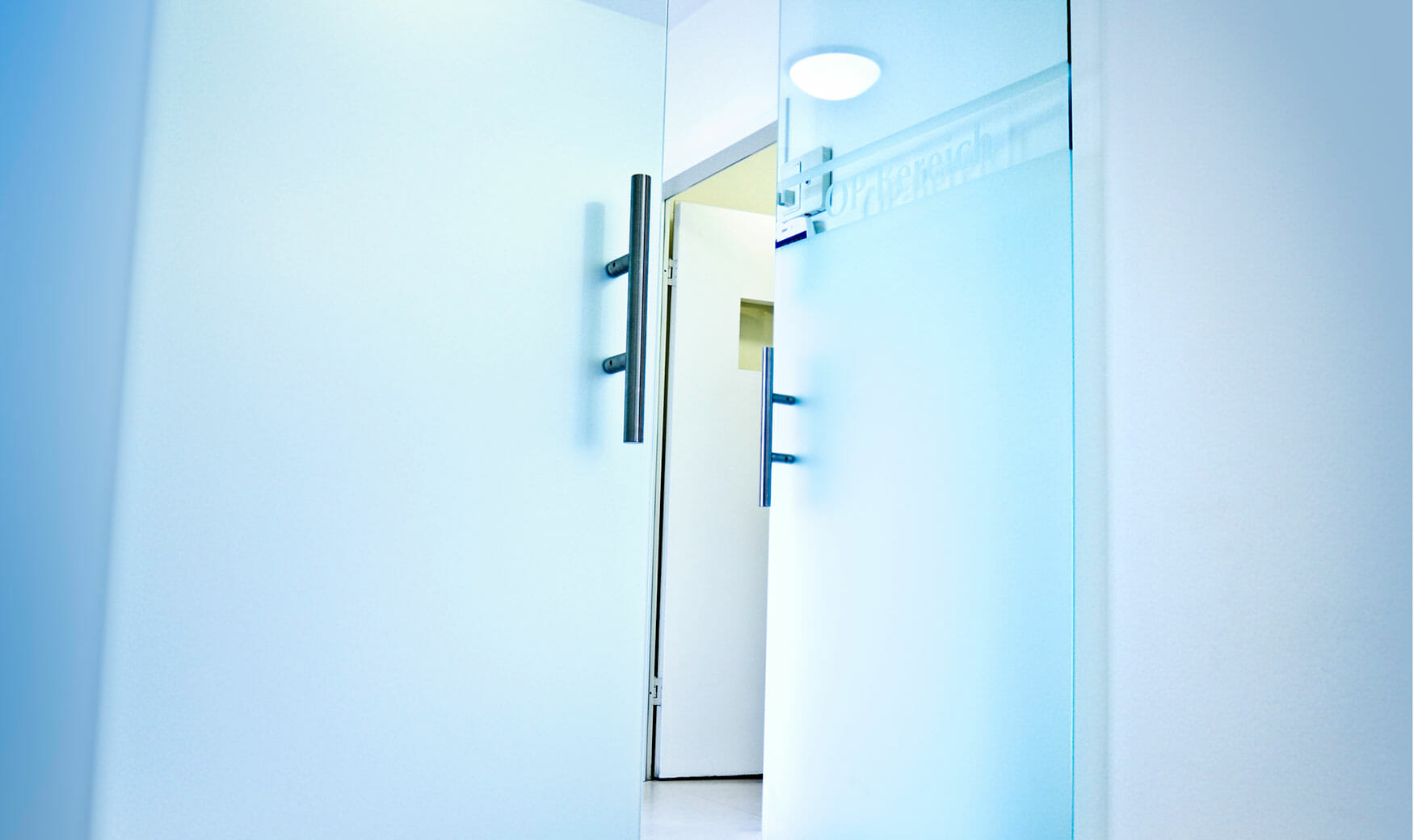New Jersey hospitals, sub-acute care facilities and physician groups are beginning to feel the financial effects as they shift operations from elective and other more profitable procedures to focus on services to address the spreading coronavirus pandemic. Legislators and government officials at the federal, state and local levels alike are taking unprecedented measures to provide resources for health care providers struggling to treat COVID-19, the illness caused by the novel coronavirus. Below is a listing of some of the financial resources available to New Jersey acute and sub-acute care providers to help mitigate the effects of the COVID-19 pandemic.
NJHCFFA Loan Program – The New Jersey Health Care Facilities Financing Authority (NJHCFFA) approved, and is in the process of launching, a new $6 million loan program to provide liquidity for New Jersey health care organizations as they respond to the COVID-19 emergency. Features of the loan program include no upfront or annual fees, a 0% interest rate, and no collateral security other than proceeds of federal/state grants, financial aid, and other private or public funds related to COVID-19. NJHCFFA Loan Program administrators have discretion to prioritize funding based on how each health care organization intends to use the loan proceeds to combat the pandemic.
SBA’s Paycheck Protection Program – Congress’s $2 trillion Coronavirus Aid, Relief, and Economic Security Act (CARES Act) provides several types of assistance to health care organizations. Pursuant to the CARES Act, smaller health care organizations may be eligible to borrow under the $349 billion Paycheck Protection Program (PPP) of the U.S. Small Business Administration (SBA). Under the PPP, eligible small businesses may borrow 2.5 times their average monthly payroll costs up to $10 million from participating financial institutions through June 30, 2020, to fund payroll and other operating expenses. PPP loans will be forgiven to the extent that proceeds are used for payroll support during the eight-week period following the origination of the PPP loan. To qualify for a PPP loan, a health care organization must be an eligible business with fewer than 500 employees or otherwise satisfy the SBA’s size standards (click here for NAICS codes – annual revenues for health care providers range from $8 million to $41.5 million) during the period from February 15 to June 30, 2020. The proceeds of a PPP loan may be used for, among other things, payroll; utilities; and interest on debt obligations that were incurred before February 15, 2020. The interest rate on a PPP loan will be 0.5% and the loan will mature in two years to the extent that loan proceeds are not used to fund payroll costs, in which case all payments in respect of the remaining loan including interest will be deferred for six months. The loans are fully guaranteed by the SBA and there is no recourse to the owners of the eligible small business unless the loan proceeds are used for an unauthorized purpose.
Health care organizations should confirm that borrowings under the NJHCFFA Loan Program, the PPP or any other COVID-19 loan program are permitted by the provisions of their other debt instruments, including any master trust indenture, loan agreement, continuing covenants agreement or reimbursements agreement.
Advances of NJ Charity Care and GME Payments – New Jersey will advance the remaining 2020 budgeted amounts for its Charity Care and Graduate Medical Education programs to hospitals and other eligible providers. This amounts to $67.3 million for Charity Care and $60.5 million for Graduate Medical Education to assist health care organizations in meeting the additional capacity demands related to COVID-19.
New Jersey officials are proposing to extend the state’s fiscal year, slated to close June 30, through September, because of the coronavirus pandemic.
Other CARES Act Resources – The CARES Act includes extensions for numerous health care programs with expiration dates of May 23, 2020, including delaying reductions in payments to disproportionate share hospitals (DSH) until December 1, 2020. The result is an elimination of $4 billion in Medicaid DSH cuts for 2020 and a reduction of the cut for 2021 to $4 billion from $8 billion. Among other health care provisions, the CARES Act (i) increases funding for the Public Health and Social Services Emergency Fund, (ii) eliminates the sequester for Medicare from May 1 through December 31, 2020, (iii) adds 20% to the DRG rate for patients with COVID-19 for inpatient prospective payment system hospitals during the emergency period, and (iv) expands the Medicare hospital accelerated payment program.
As the effects of the COVID-19 pandemic become more widespread, we expect additional programs and resources for health care organizations will become available. Although a less immediate concern, health care organizations should periodically review their financial covenants and reporting obligations for COVID-19-related actions, including “best practice” EMMA disclosures regarding the timeliness, substance and collective effect of the pandemic. We are also seeing the accessing of conventional sources of liquidity and the expansion of treatment sites, which warrant review of existing loan terms.
McCarter & English is dedicated to providing information and guidance on how COVID-19 may impact your business. Please visit our Coronavirus Resource Center frequently as we continue to add new content.
